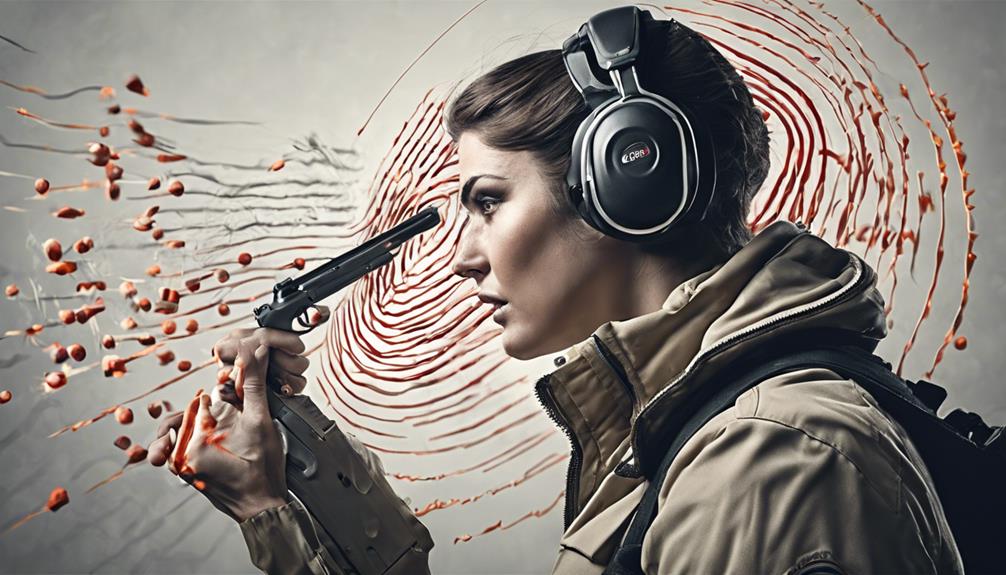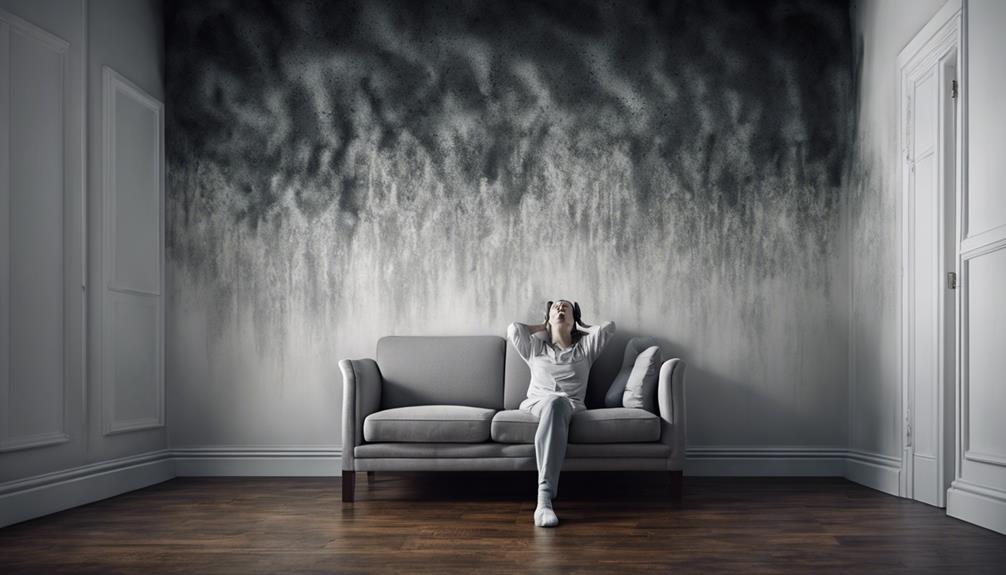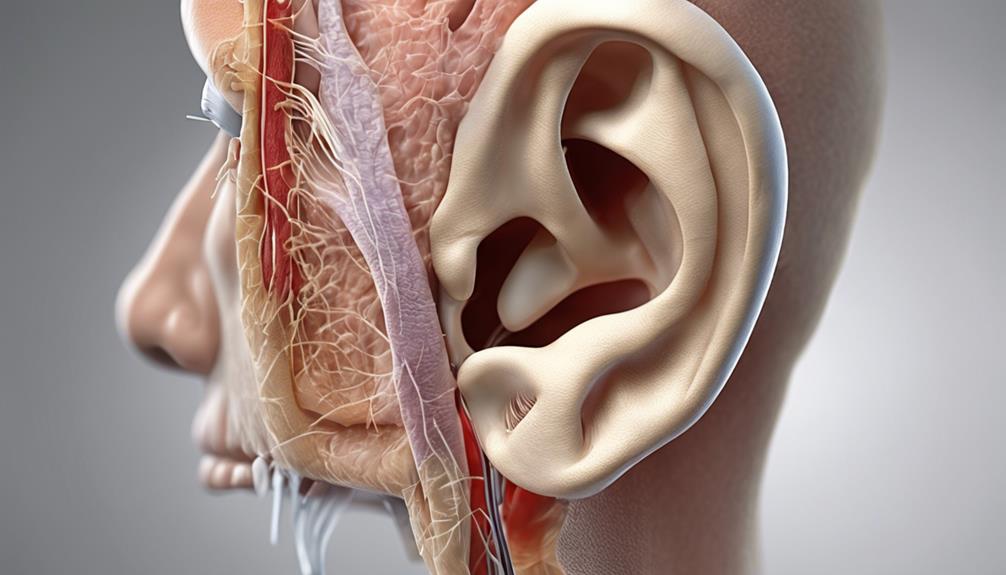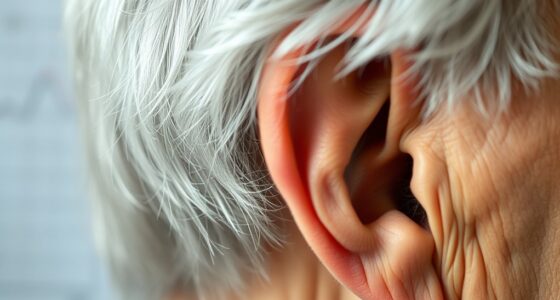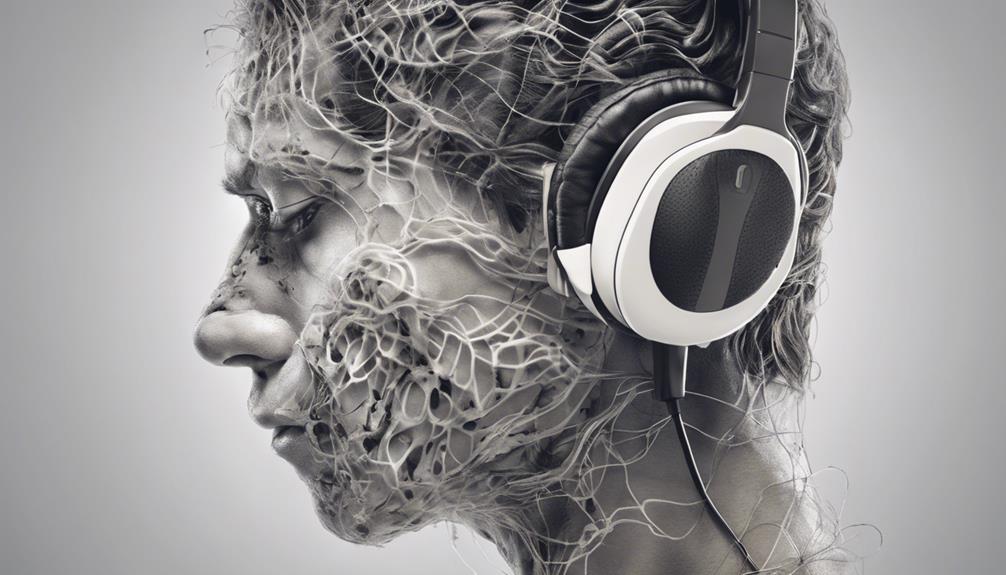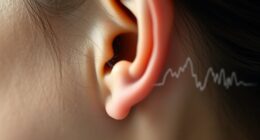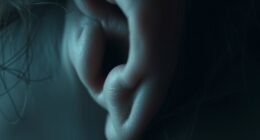Did you know that exposure to noise levels above 140 decibels can cause immediate damage to your hearing? Understanding the connection between shooting firearms and the risk of hearing loss is crucial for protecting our auditory health.
Factors such as the type of firearm used and the environment where shooting occurs play significant roles in this risk. By exploring effective prevention strategies and selecting the right hearing protection, we can safeguard our hearing abilities while engaging in shooting sports.
Let's delve into the specifics of how shooting guns can impact our hearing and how we can take proactive steps to prevent potential damage.
Key Takeaways
- Exposure to gunfire noise above 140 dB can lead to irreversible hearing damage.
- Wearing proper ear protection like earmuffs or earplugs is crucial in preventing hearing loss.
- Inner ear hair cells do not regenerate, making gunfire-induced hearing loss permanent.
- Monitoring noise levels and using hearing protection are vital strategies for safeguarding auditory health in shooting sports.
Understanding Noise-Induced Hearing Loss
Understanding noise-induced hearing loss is crucial for individuals exposed to harmful sounds that can damage inner ear structures, leading to long-term hearing difficulties.
Exposure to loud noises, such as those from shooting guns, can result in high-frequency hearing loss by damaging delicate hair cells within the inner ear. These hair cells are essential for translating sound vibrations into electrical signals that the brain interprets as sound. Once damaged, these cells don't regenerate, causing permanent hearing impairment.
Monitoring noise exposure levels using a sound level meter is crucial in preventing damage to the inner ear. Wearing ear protection, such as earmuffs or earplugs, while shooting can significantly reduce the risk of noise-induced hearing loss.
Impact of Gunfire Noise on Hearing
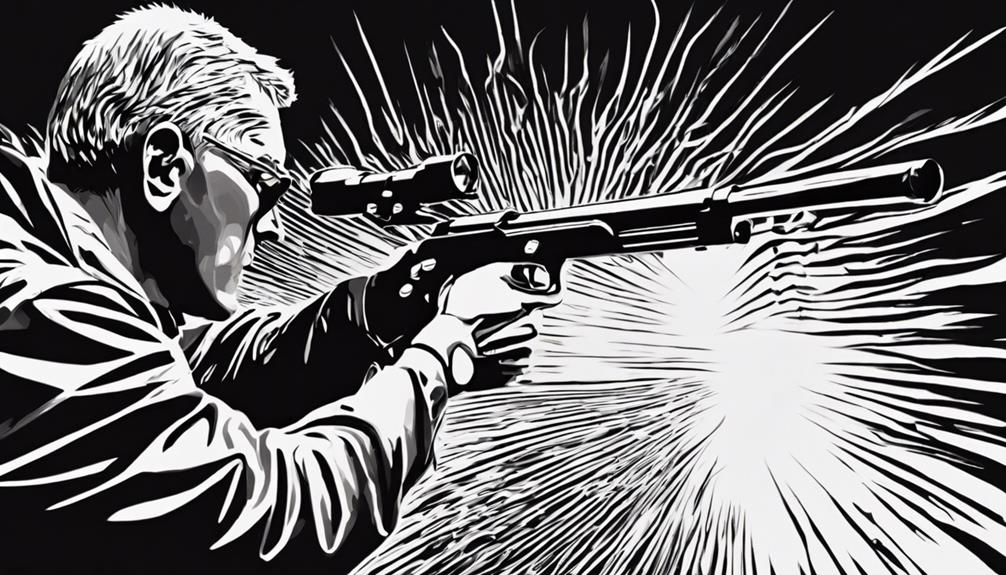
Experiencing gunfire noise can result in immediate and long-term damage to the delicate structures of the ear, potentially leading to temporary or permanent hearing loss. Gunfire noise can reach peak sound pressure levels (SPLs) ranging from approximately 140 to 175 dB, which poses a significant risk to hearing health. The sharp sound of a gunshot can also result in tinnitus, a ringing or buzzing sensation in the ears, indicating overexposure to loud noise.
Proper hearing protection is essential when exposed to gunfire noise to prevent temporary or permanent hearing loss. Overexposure to loud noise from shooting without ear protection can lead to ear ringing (tinnitus), impacting an individual's quality of life and hearing abilities. Taking proactive measures to safeguard against the effects of gunfire noise can significantly contribute to maintaining optimal hearing health and preventing long-term damage.
Ensuring proper hearing protection and minimizing exposure to high SPLs are crucial steps in preserving hearing function and quality of life.
Risks of Hearing Damage From Shooting
Exposure to gunfire noise while shooting can lead to potential hearing damage, as peak sound pressure levels ranging from 140 to 175 dB pose significant risks to auditory health.
Factors such as the use of muzzle brakes and the choice of ammunition can influence the likelihood of noise-induced hearing loss from shooting guns.
Recreational shooters are particularly susceptible to bilateral, high-frequency hearing loss due to exposure to impulse noise generated by firearms.
The immediate effects of shooting may include sudden hearing loss and the onset of tinnitus.
However, repeated exposure to high noise levels can result in permanent damage to hearing.
Understanding the risks associated with shooting firearms is essential for implementing effective hearing protection strategies to mitigate the harmful effects of noise exposure.
Importance of Hearing Protection Devices
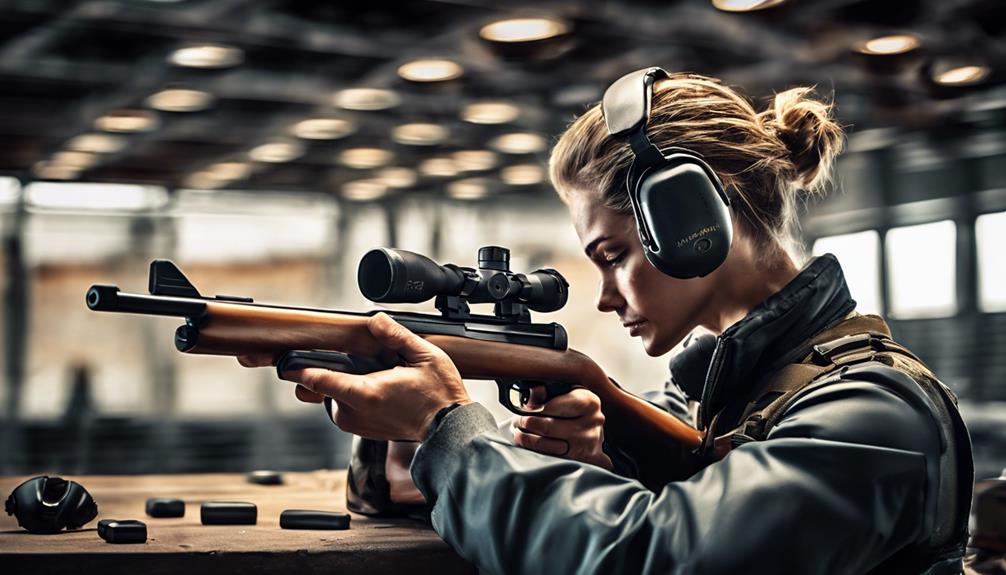
The utilization of appropriate hearing protection devices is paramount in safeguarding auditory health during shooting activities. When engaging in shooting sports, the ears are exposed to high-intensity sounds that can lead to irreversible hearing loss if not adequately protected.
Here are some key points highlighting the importance of hearing protection devices:
- Effective Noise Reduction: Hearing protection devices like earmuffs and earplugs are essential in reducing the impact of loud sounds generated by firearms, helping to prevent damage to the delicate structures of the ear.
- Customized Sound Levels: Earmuffs specifically designed for shooting sports offer adjustable sound levels, allowing shooters to hear essential environmental sounds while still providing effective protection against harmful noises.
- Enhanced Communication: Electronic earmuffs are particularly beneficial as they can block out loud impulse sounds from gunshots while enabling clear communication with others during shooting activities, ensuring safety and situational awareness.
Ensuring the proper use of ear protection devices is crucial for maintaining hearing health and enjoying shooting sports without compromising auditory well-being.
Preventing Hearing Loss in Shooting Sports
Utilizing specialized hearing protectors tailored for shooting sports is crucial in mitigating the risk of noise-induced hearing loss associated with peak sound pressure levels from firearms. Peak sound pressure levels ranging from approximately 140 to 175 dB in shooting sports pose a significant threat to auditory health.
Specialized hearing protectors designed for shooting sports are recommended to prevent auditory damage from impulse noise exposure. Factors such as the distance between shooters and the shooting environment play a crucial role in influencing auditory damage, highlighting the importance of tailored prevention strategies in shooting sports.
Recreational shooting often exposes individuals to impulse noise, leading to bilateral, high-frequency hearing loss, underscoring the necessity of reliable hearing protection in shooting sports.
Partnerships between the hearing health community and shooting sport groups are vital for promoting accurate information dissemination and providing organizational resources to bolster hearing loss prevention efforts in shooting sports. Collaborative efforts can enhance awareness and ensure the adoption of effective preventive measures within the shooting sports community.
Frequently Asked Questions
Can Hearing Loss From Shooting Firearms Be Reversed or Treated With Medication?
Yes, hearing loss from shooting firearms can't be fully reversed with medication. However, hearing aids and cochlear implants can help manage the condition. Prevention is vital; earmuffs and earplugs provide effective protection. Regular hearing tests are crucial for early detection.
When exposed to loud noises, limiting exposure time and maintaining distance are key. Educating shooters on proper ear protection usage is essential for preventing irreversible damage to hearing.
Are There Any Specific Types of Firearms or Ammunition That Are Less Damaging to Hearing Than Others?
When choosing firearms to minimize hearing damage, considering factors like suppressors or muzzle brakes can help.
Variations in calibers and ammunition also play a role, with subsonic rounds being gentler.
Additionally, electronic earmuffs and earplugs can offer added protection.
While no firearm is completely safe for hearing, these precautions can reduce the risk significantly.
How Does Shooting Indoors Versus Outdoors Impact the Risk of Hearing Damage?
Shooting indoors versus outdoors impacts the risk of hearing damage due to the enclosed space indoors, which can amplify sound levels and increase the potential for hearing loss.
The reverberations and confined environment indoors can lead to more intense and harmful exposure to gunshots compared to the open spaces of shooting outdoors.
Understanding these differences can help us take appropriate precautions to protect our hearing while engaging in shooting activities.
Can Hearing Protection Devices Completely Eliminate the Risk of Hearing Loss From Shooting Guns?
Yes, hearing protection devices can significantly reduce the risk of hearing loss from shooting guns. However, they may not completely eliminate the risk, especially with prolonged exposure to high decibel levels.
Properly fitted earplugs or earmuffs can provide substantial protection, but it's also crucial to combine them with other preventive measures like limiting exposure time and maintaining safe shooting practices to minimize the risk of permanent hearing damage.
Are There Any Long-Term Effects on Hearing Beyond Just Immediate Damage From Shooting Firearms?
Beyond immediate damage, shooting firearms can lead to long-term hearing issues. Prolonged exposure to loud noises can cause irreversible damage to the delicate structures of the inner ear, resulting in permanent hearing loss.
The cumulative effect of repeated exposure to gunfire without proper protection can exacerbate this risk. Understanding and mitigating these long-term effects is crucial for maintaining healthy hearing in firearm users.
Conclusion
In conclusion, the risks of noise-induced hearing loss from shooting guns are significant. As the saying goes, 'an ounce of prevention is worth a pound of cure.'
Understanding the impact of firearm noise on our hearing health is crucial for implementing effective prevention measures. By using specialized hearing protectors and maintaining a safe distance from shooters, we can preserve our hearing abilities and enjoy shooting sports safely.
Remember, protecting your hearing is always worth it in the long run.

